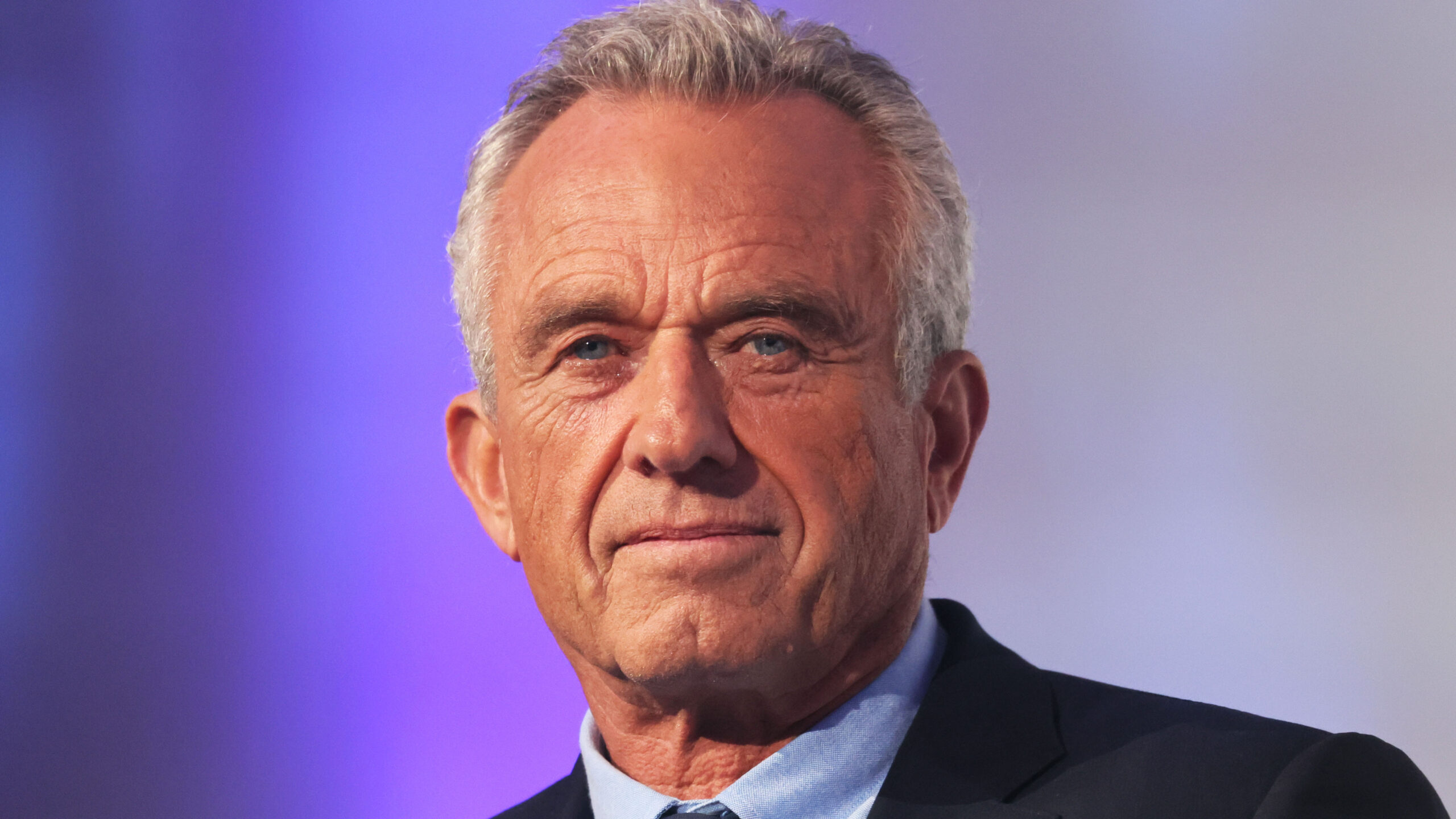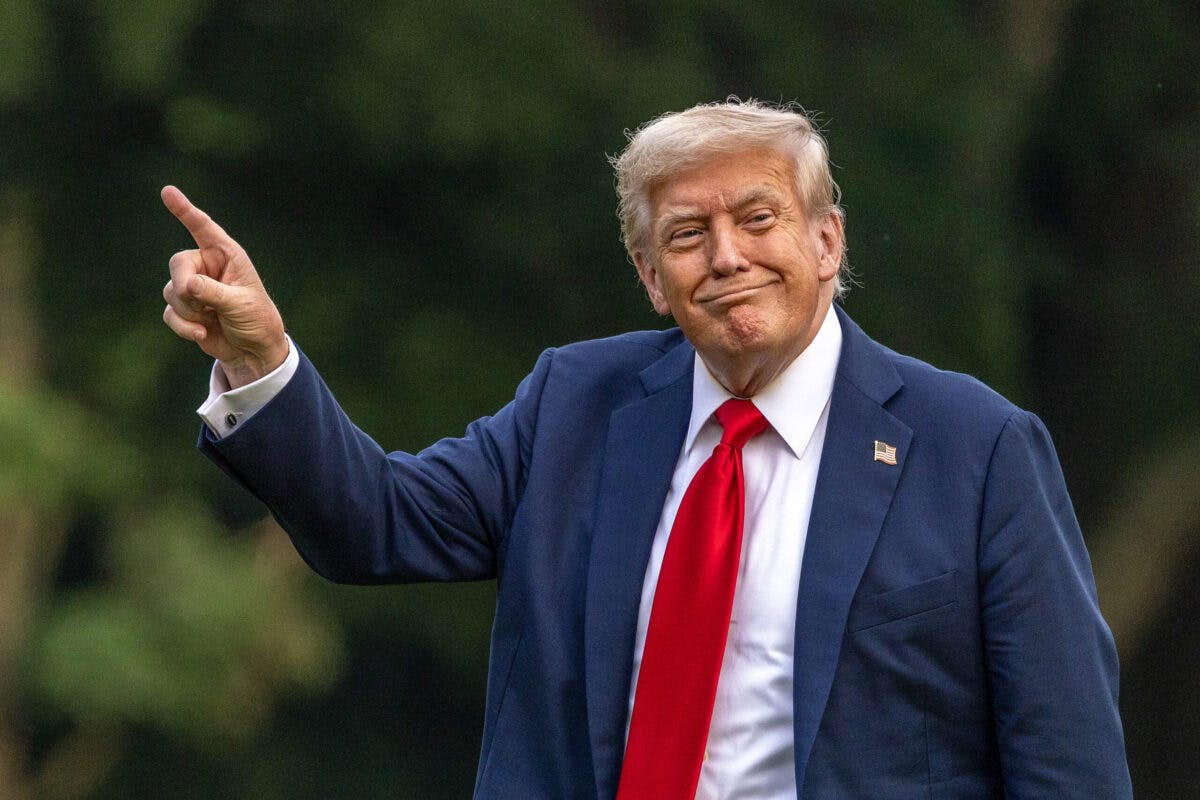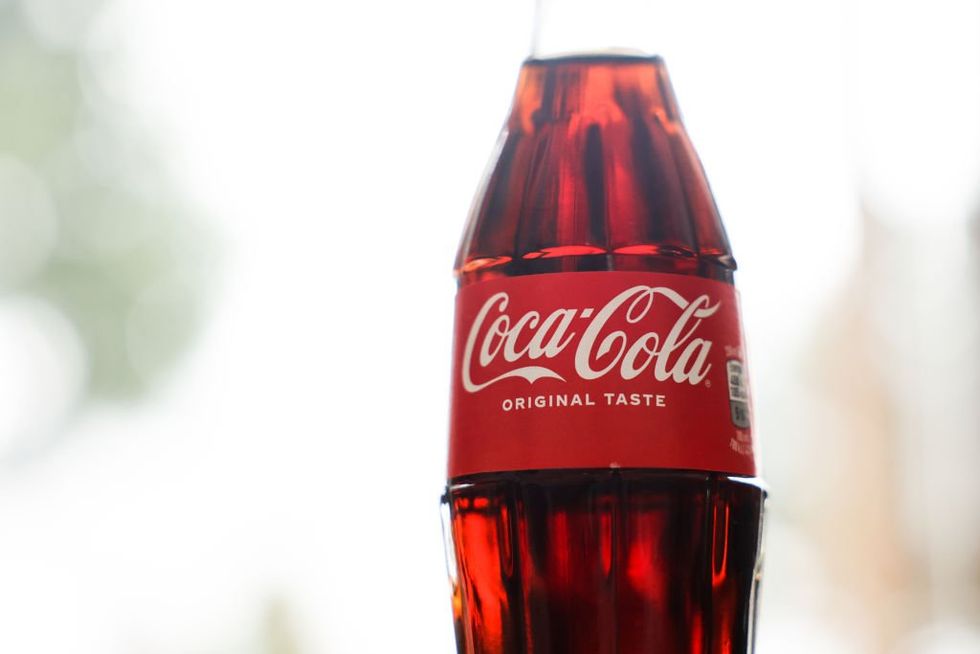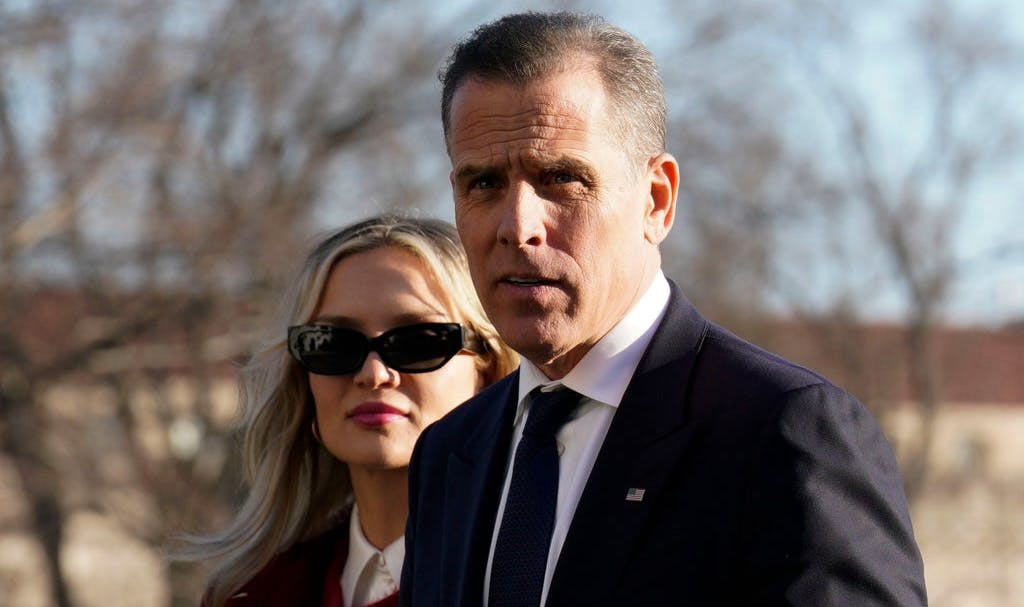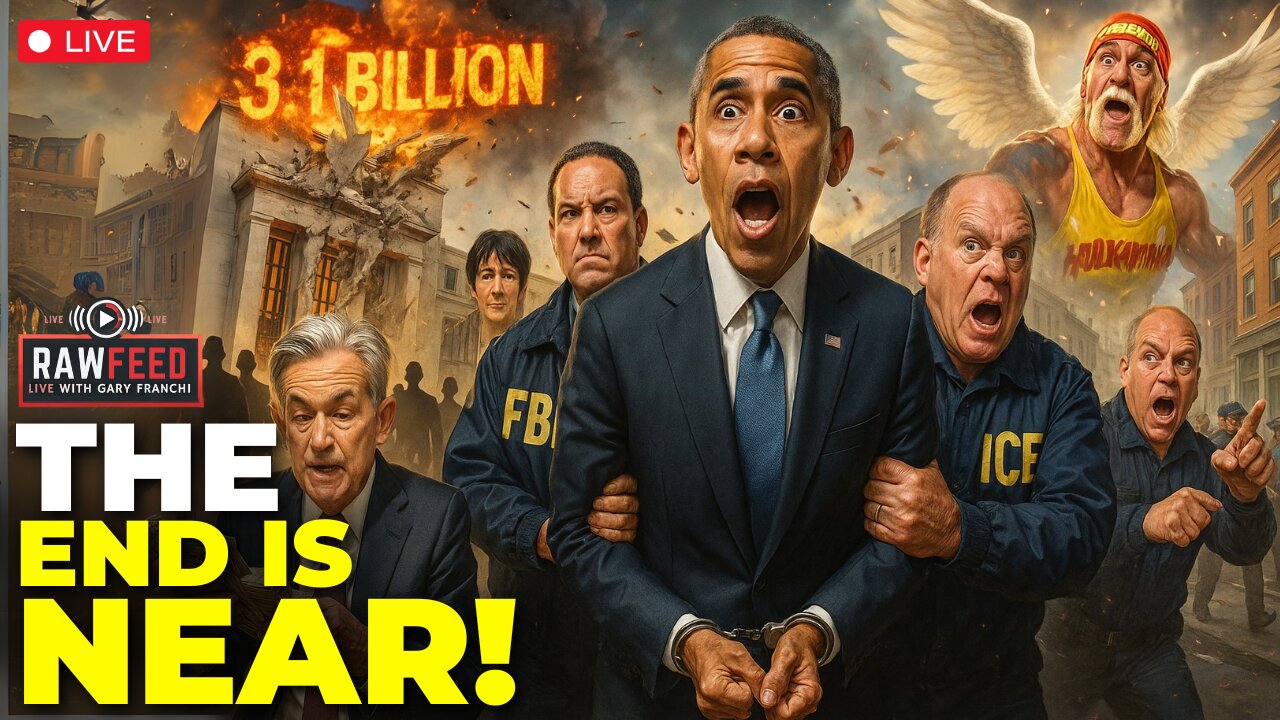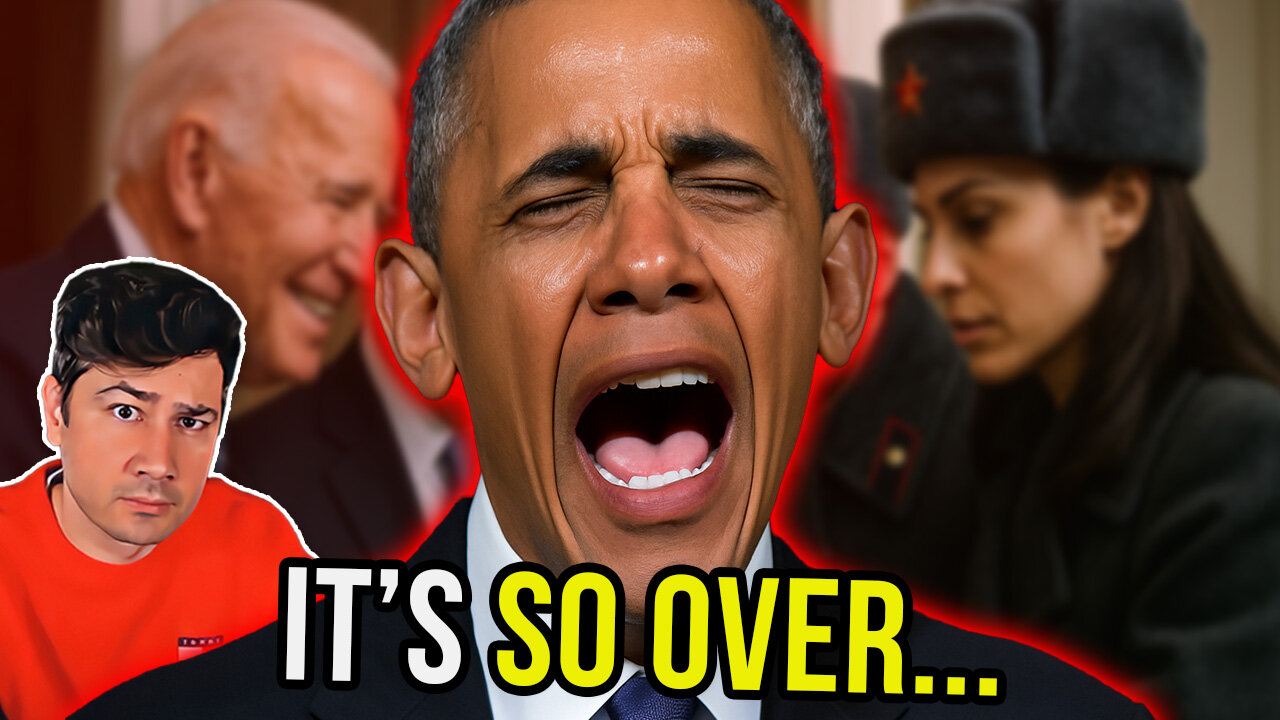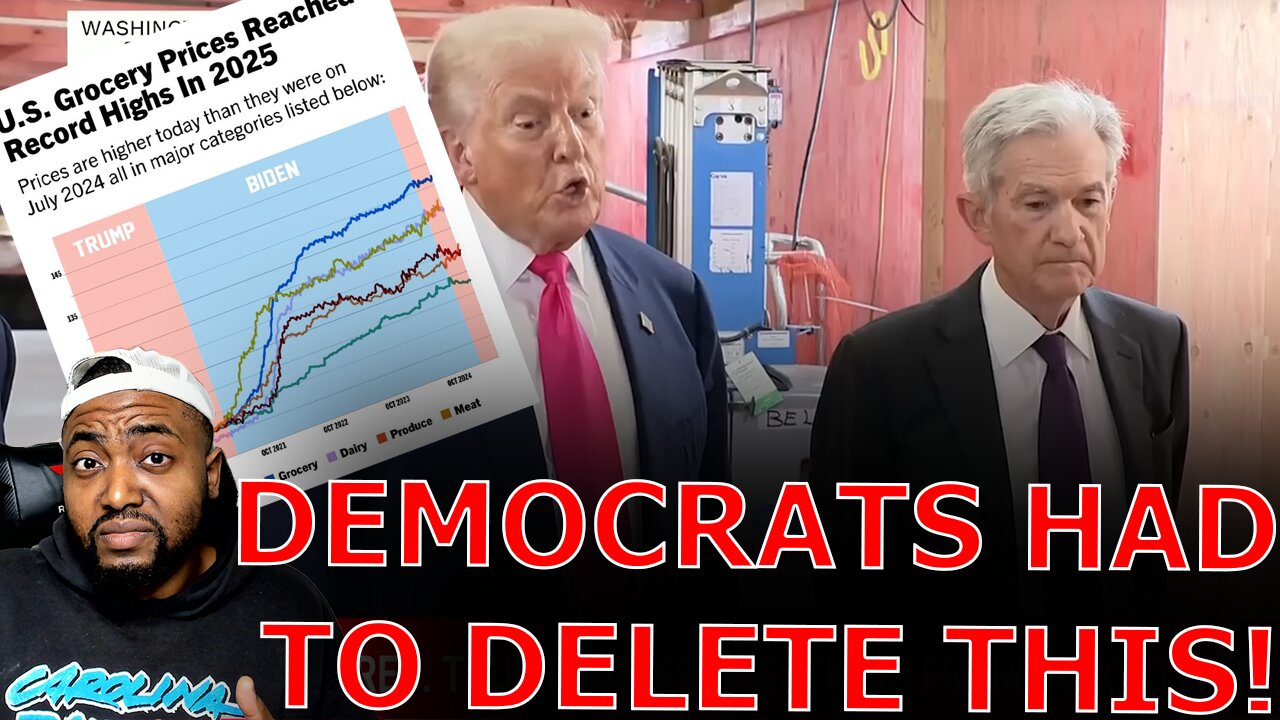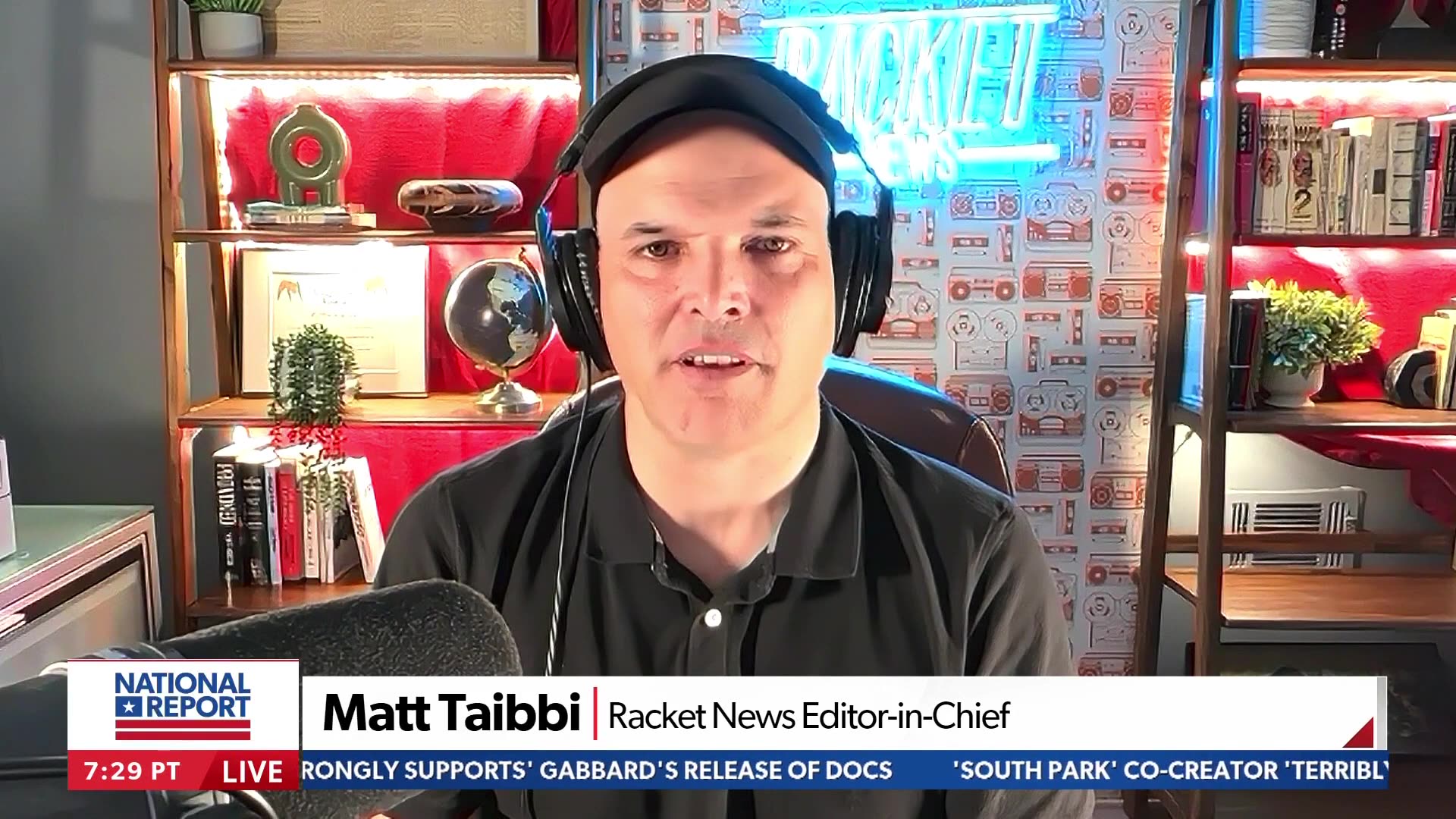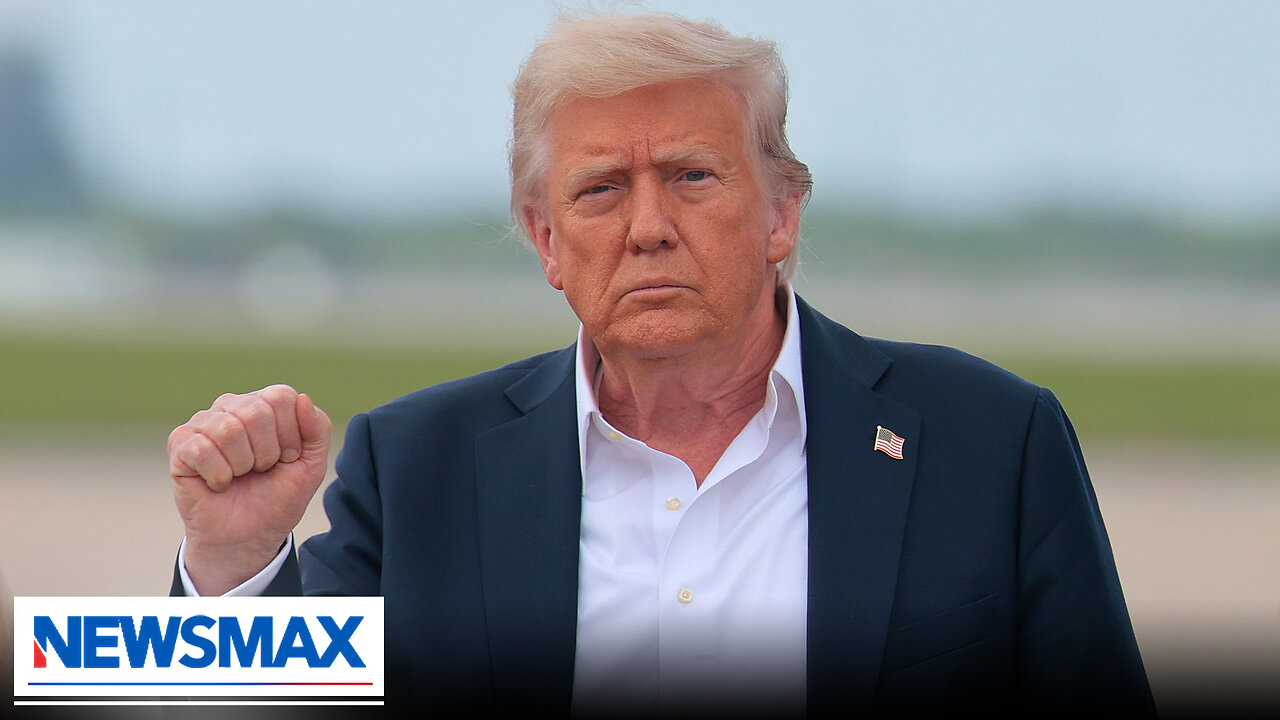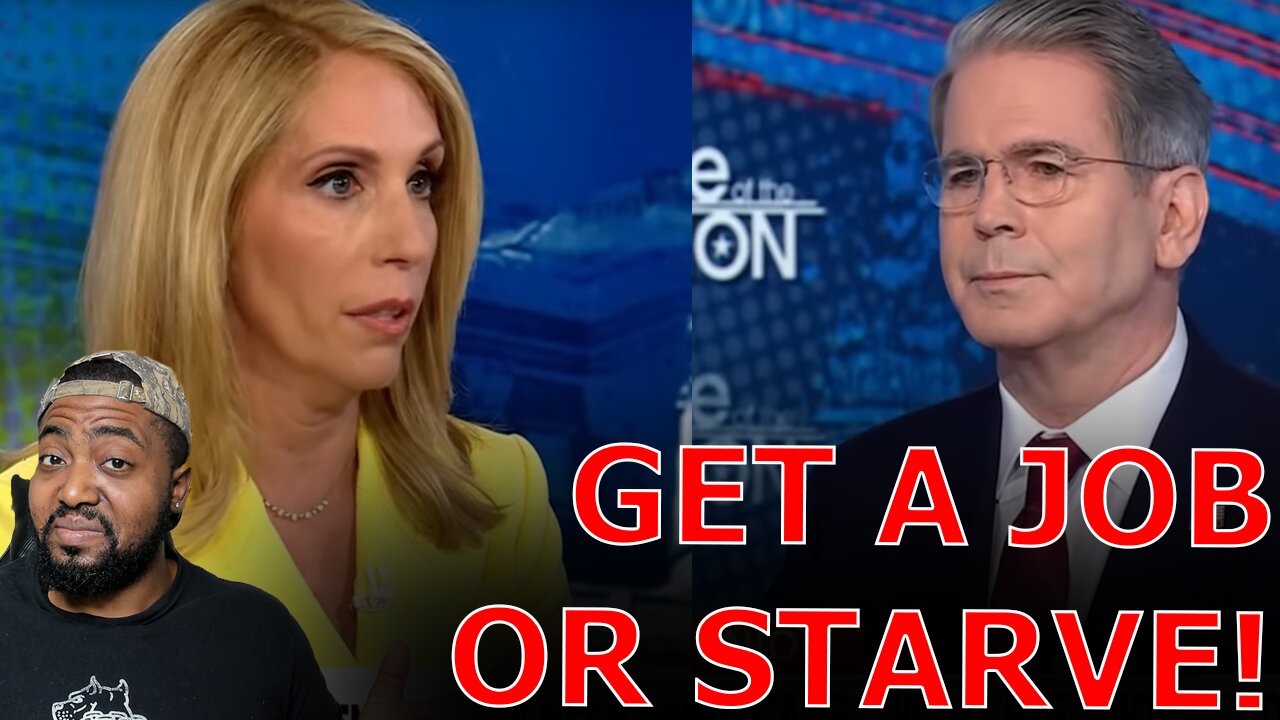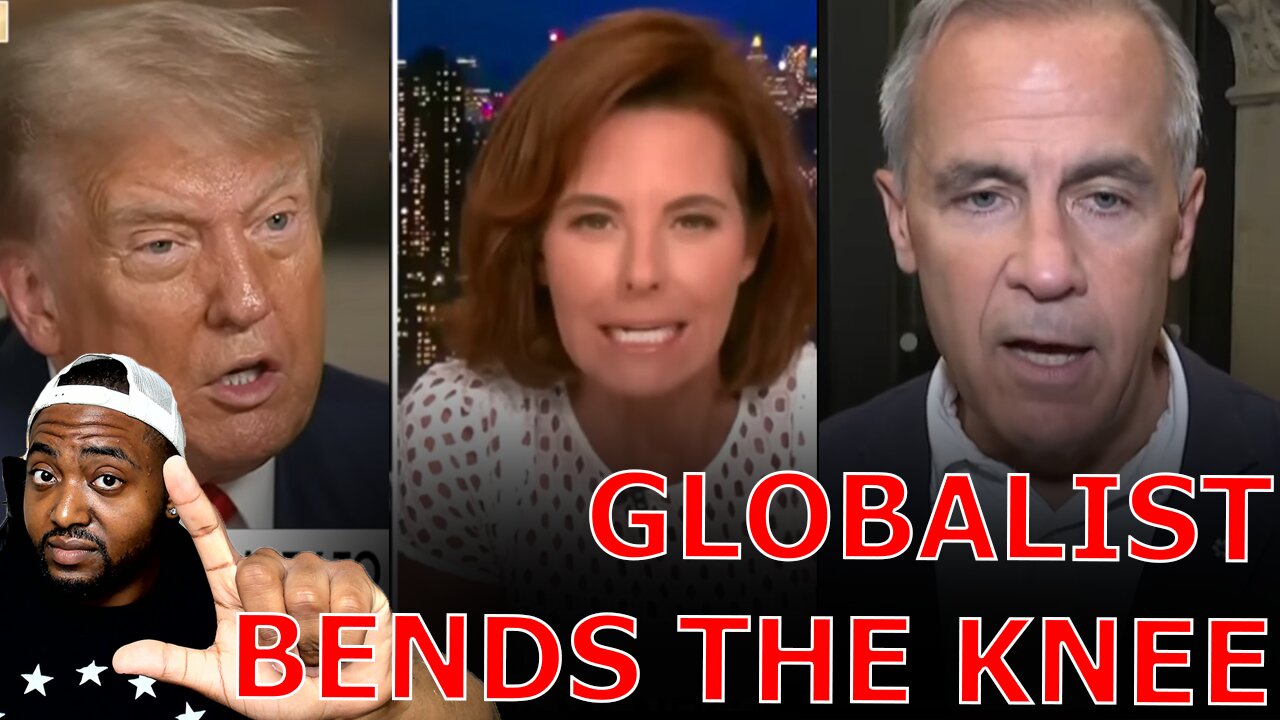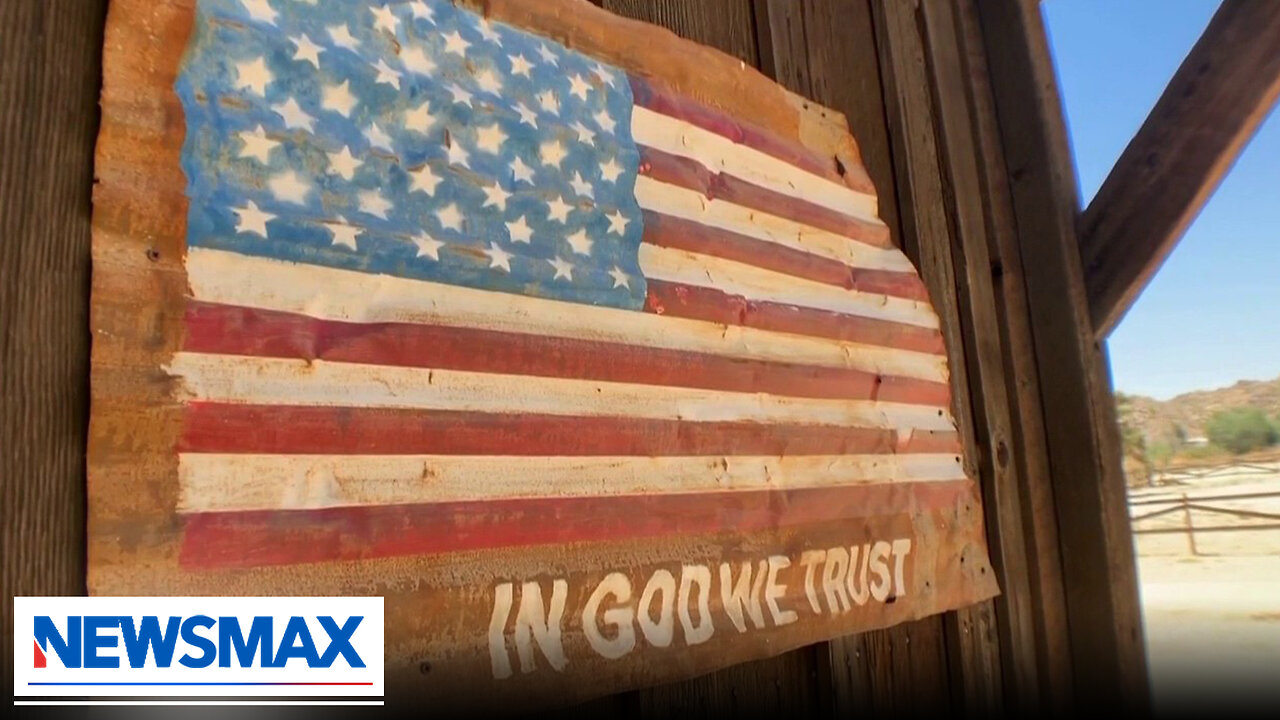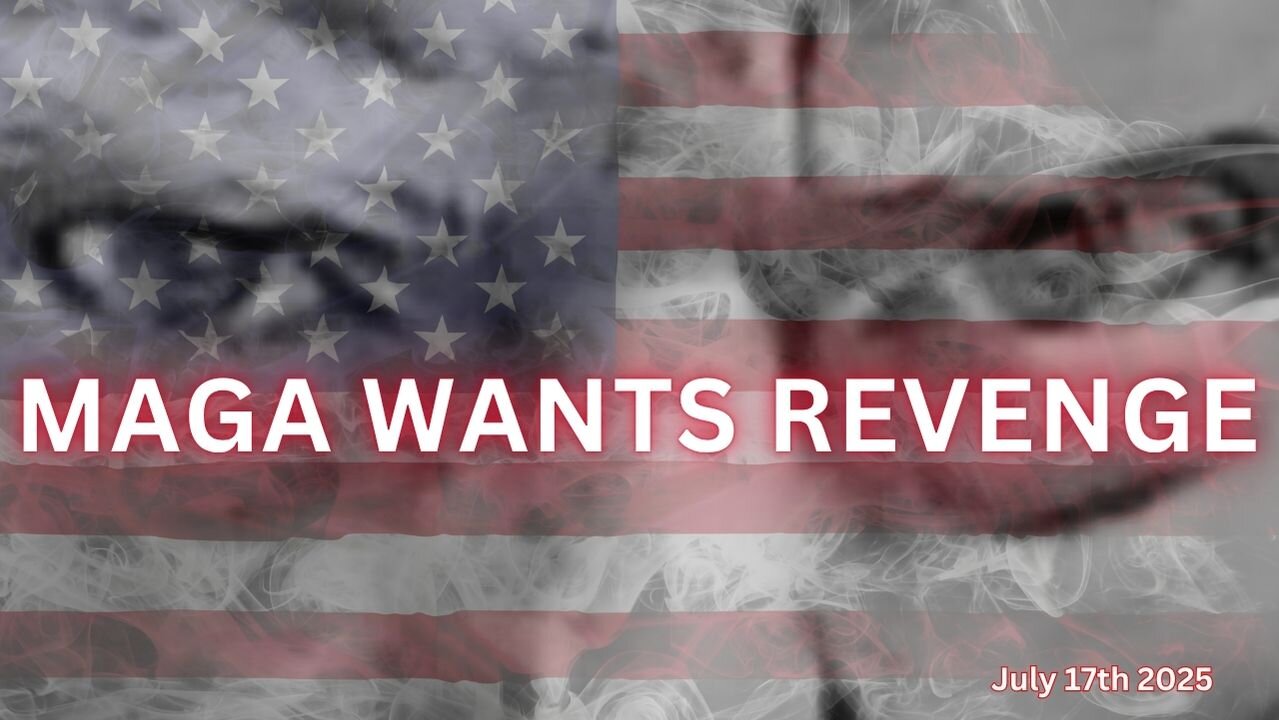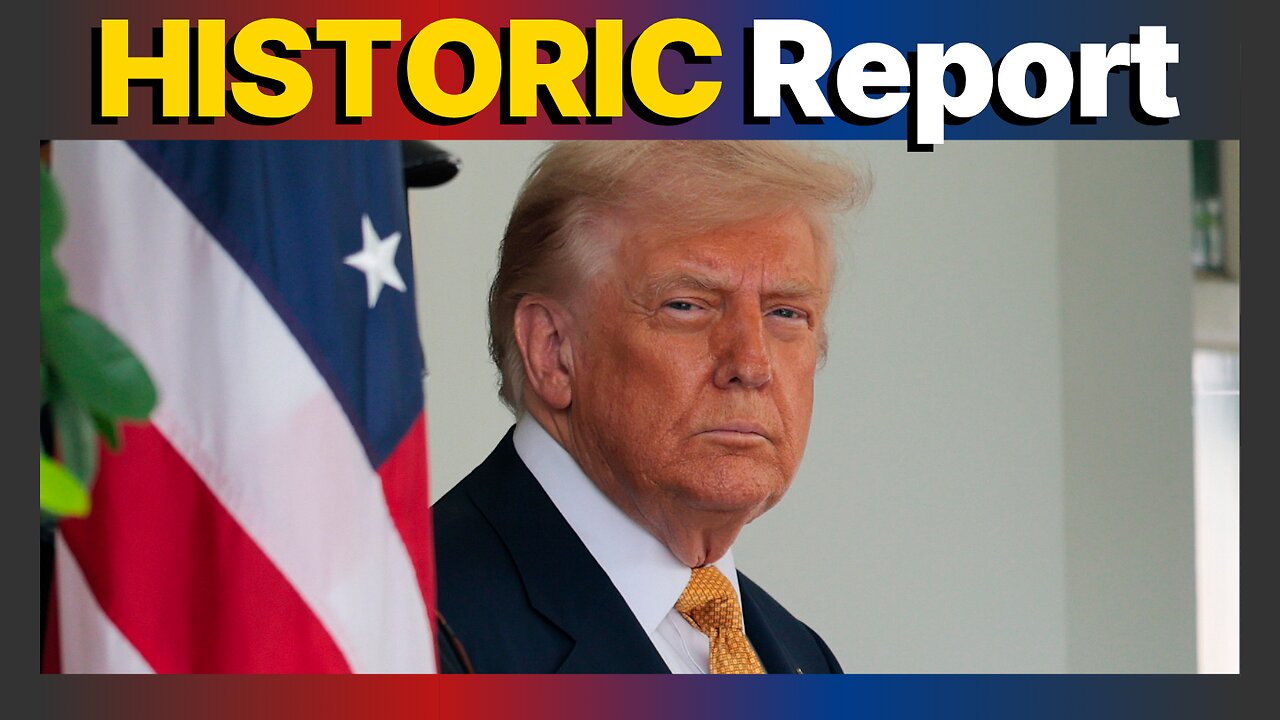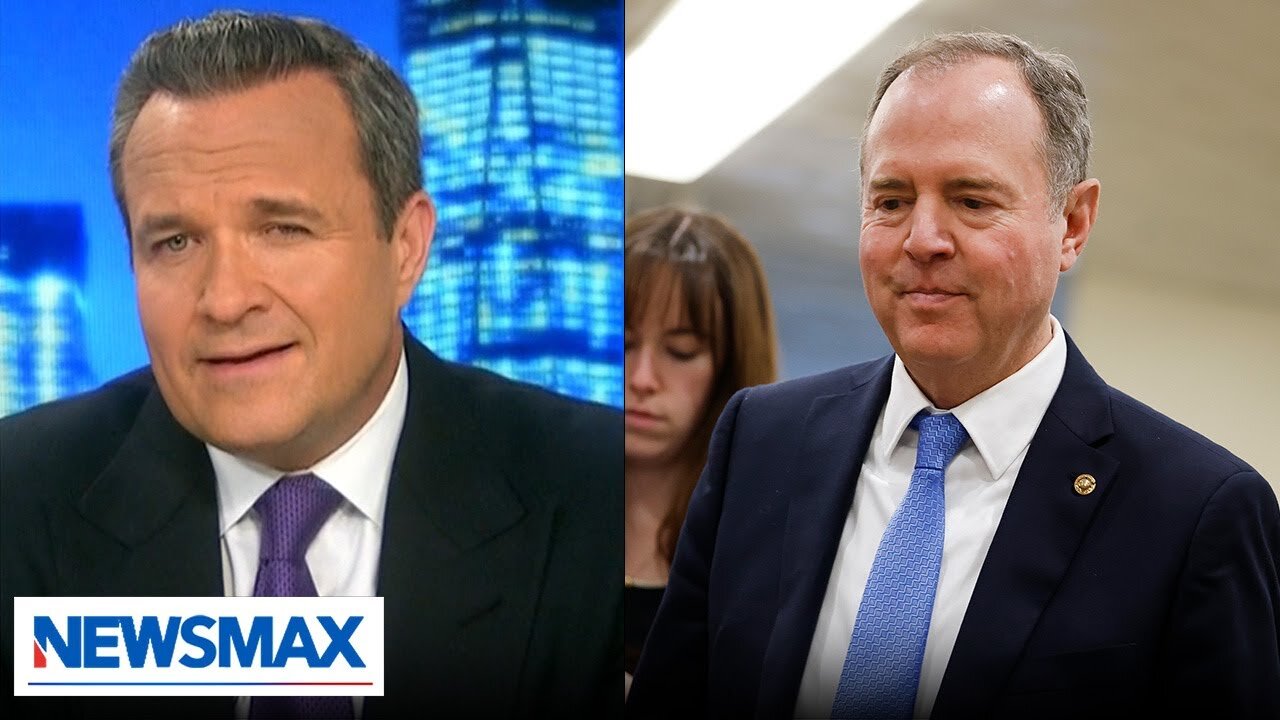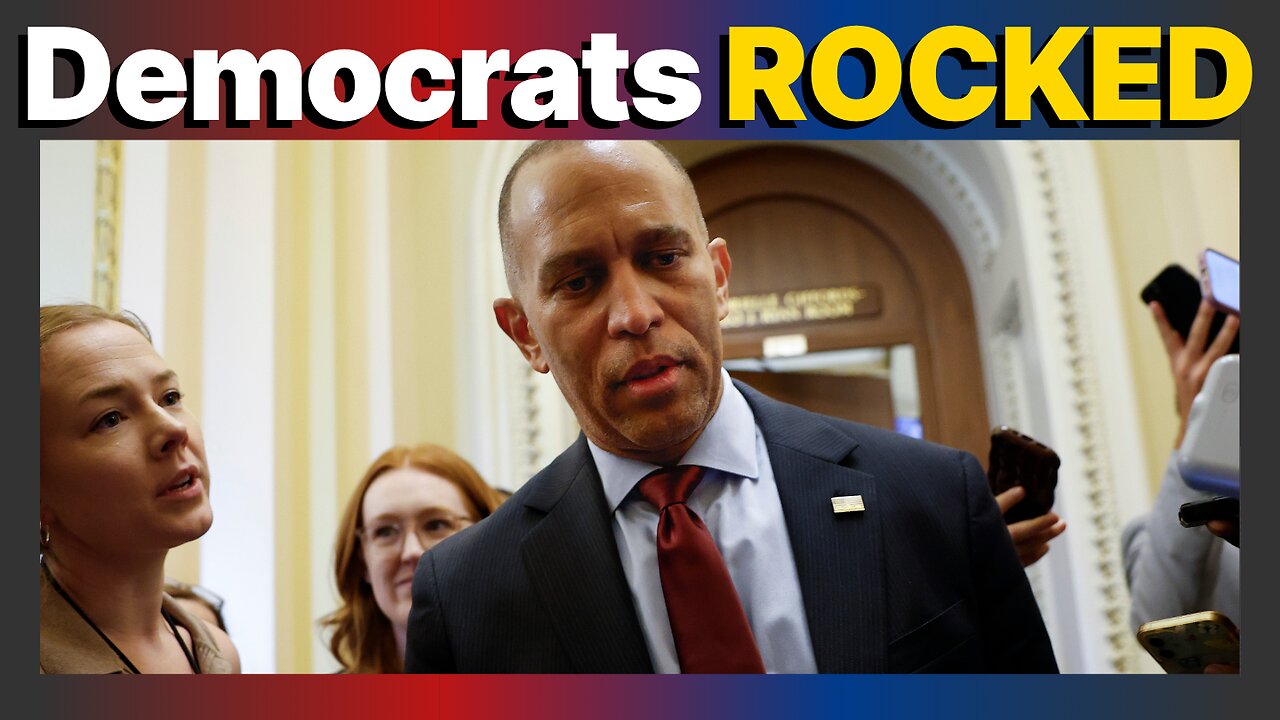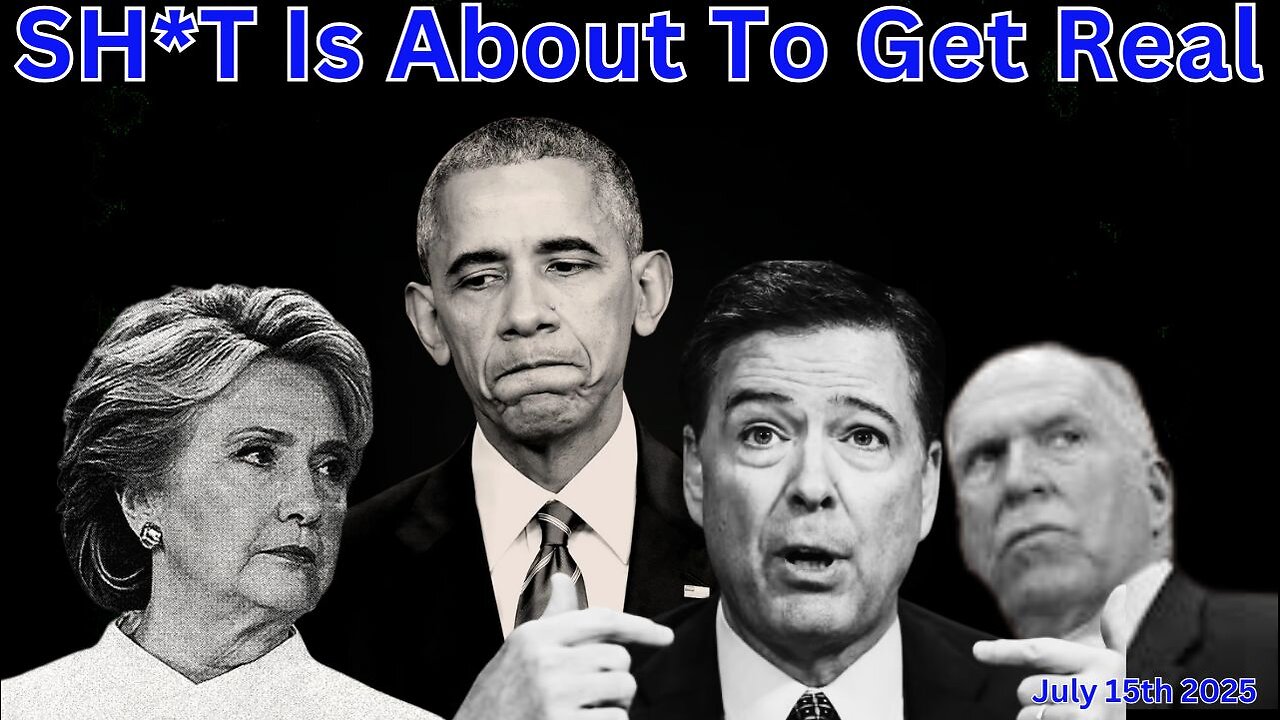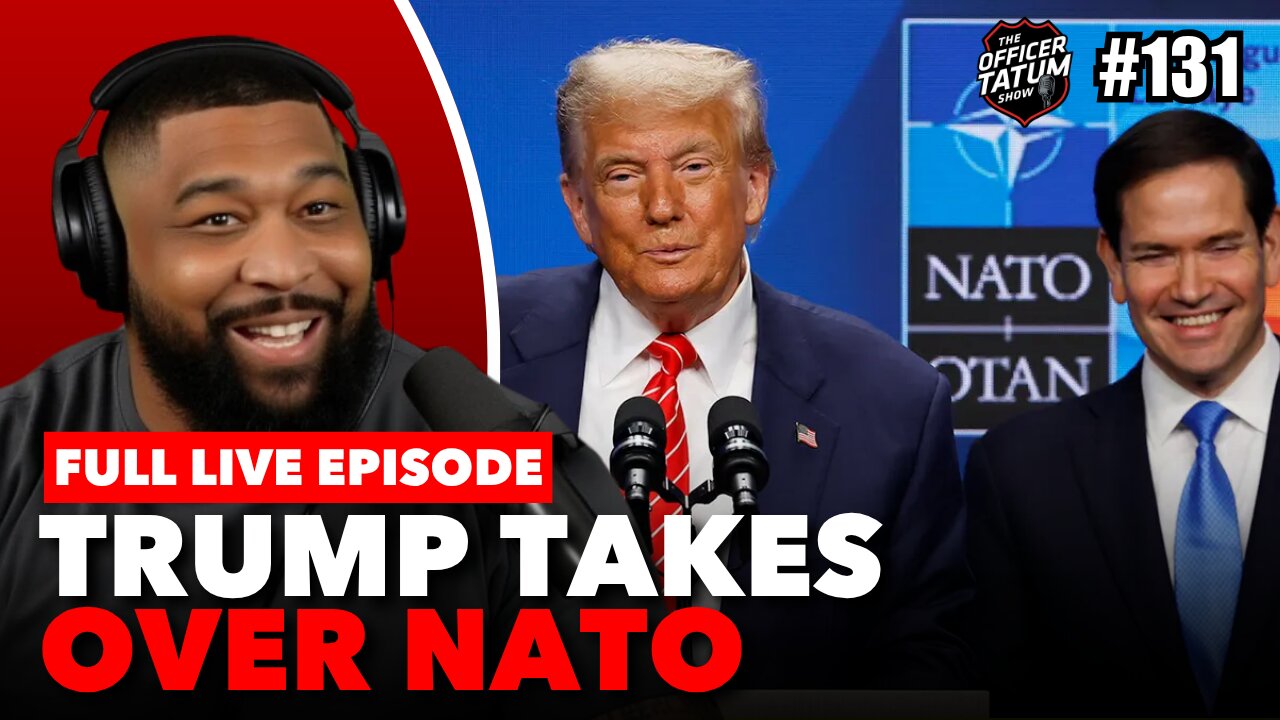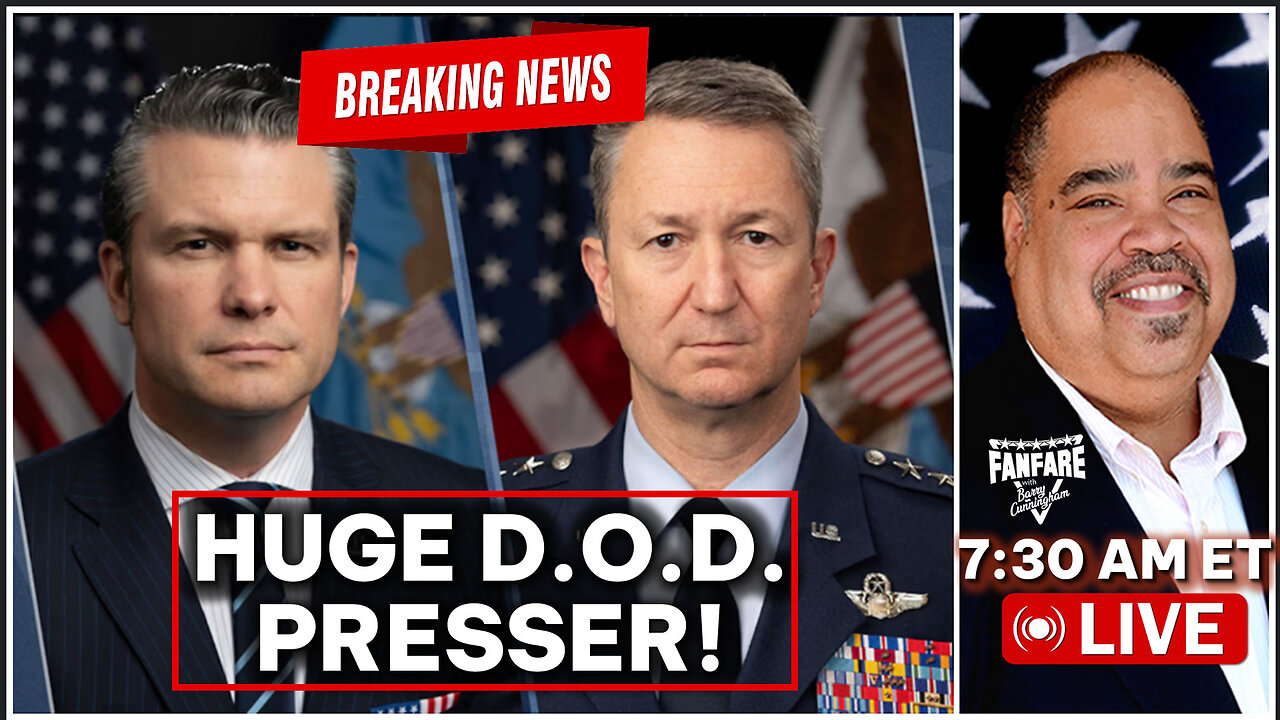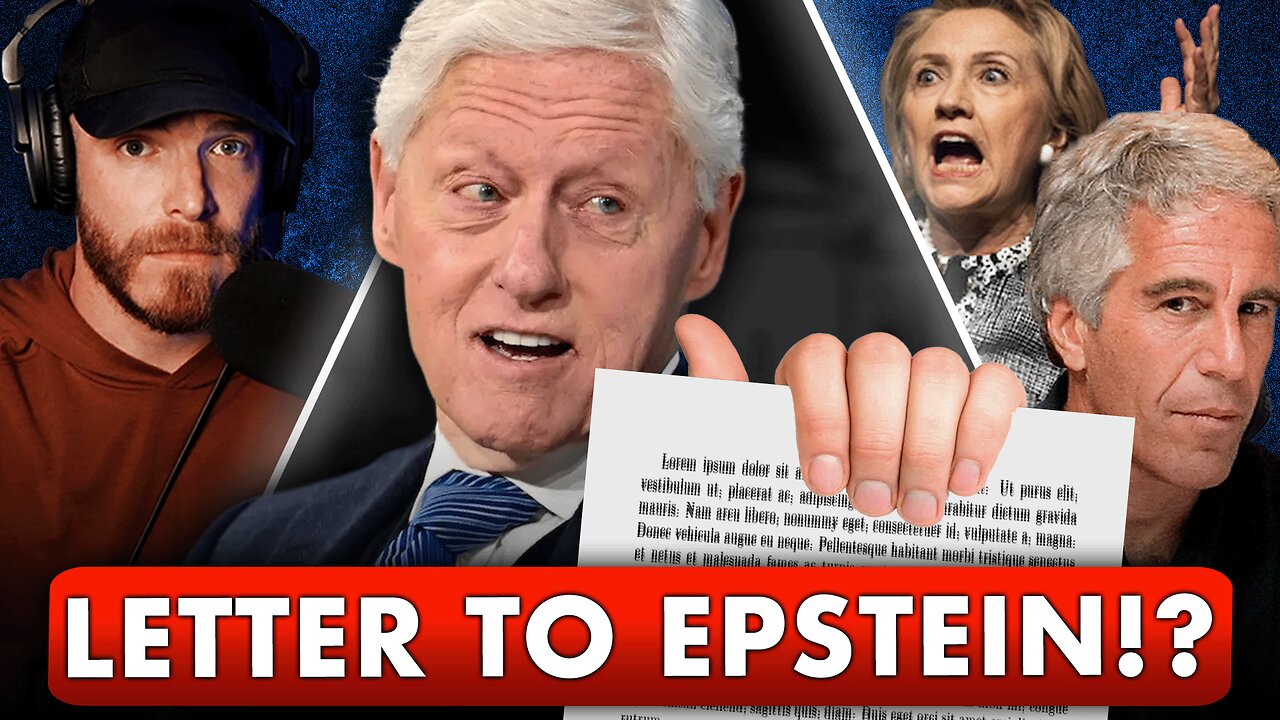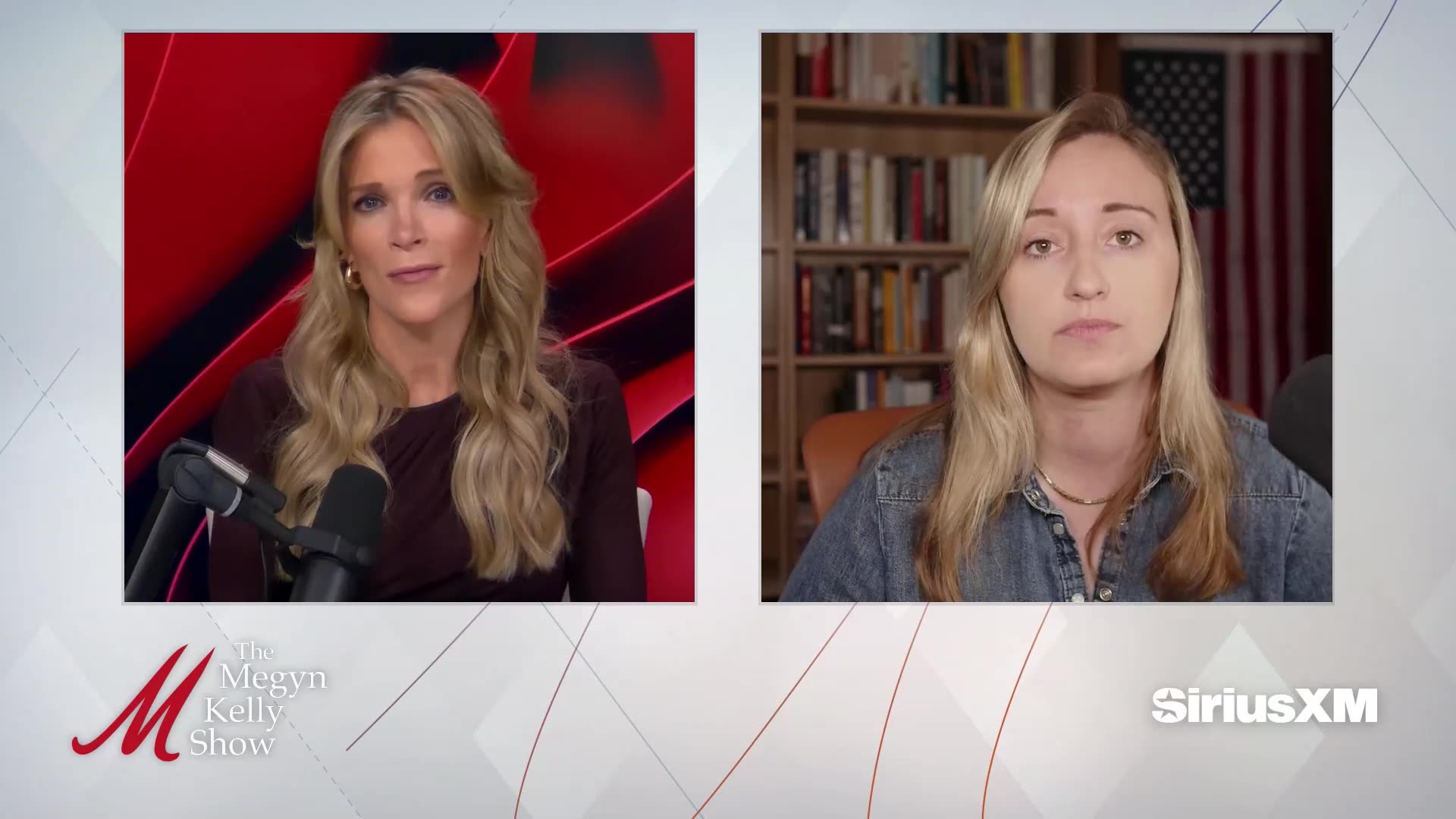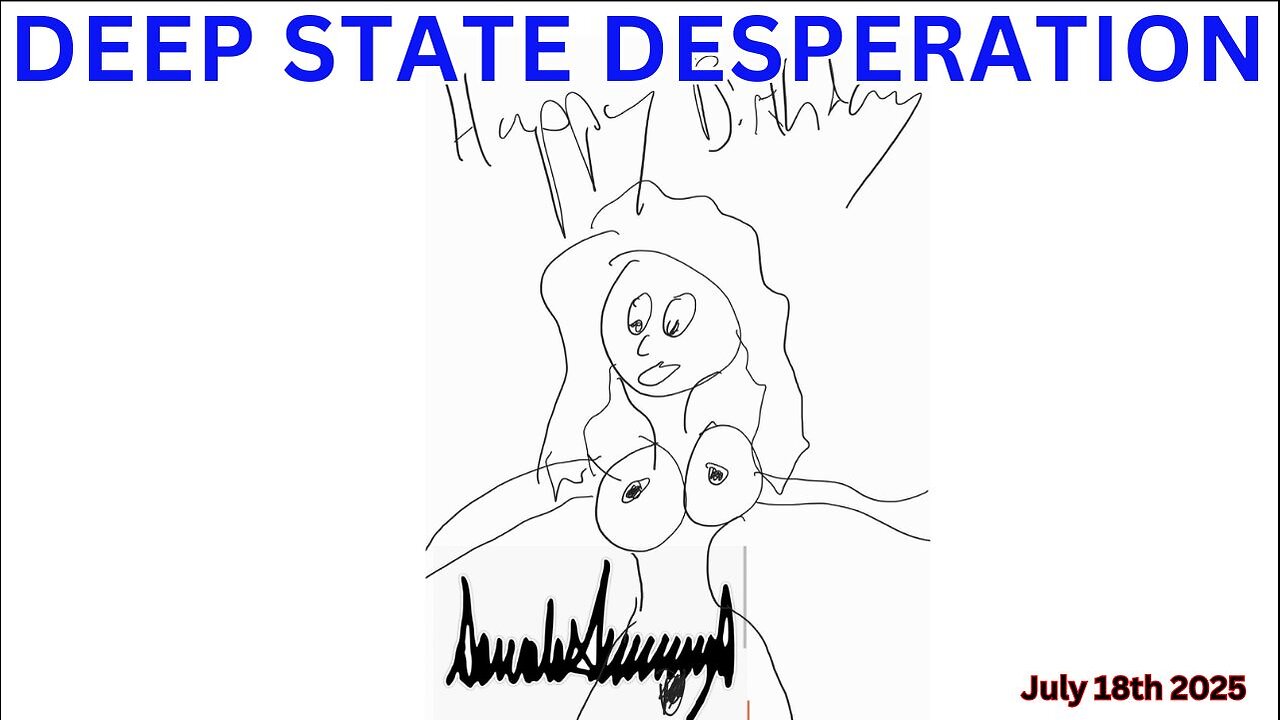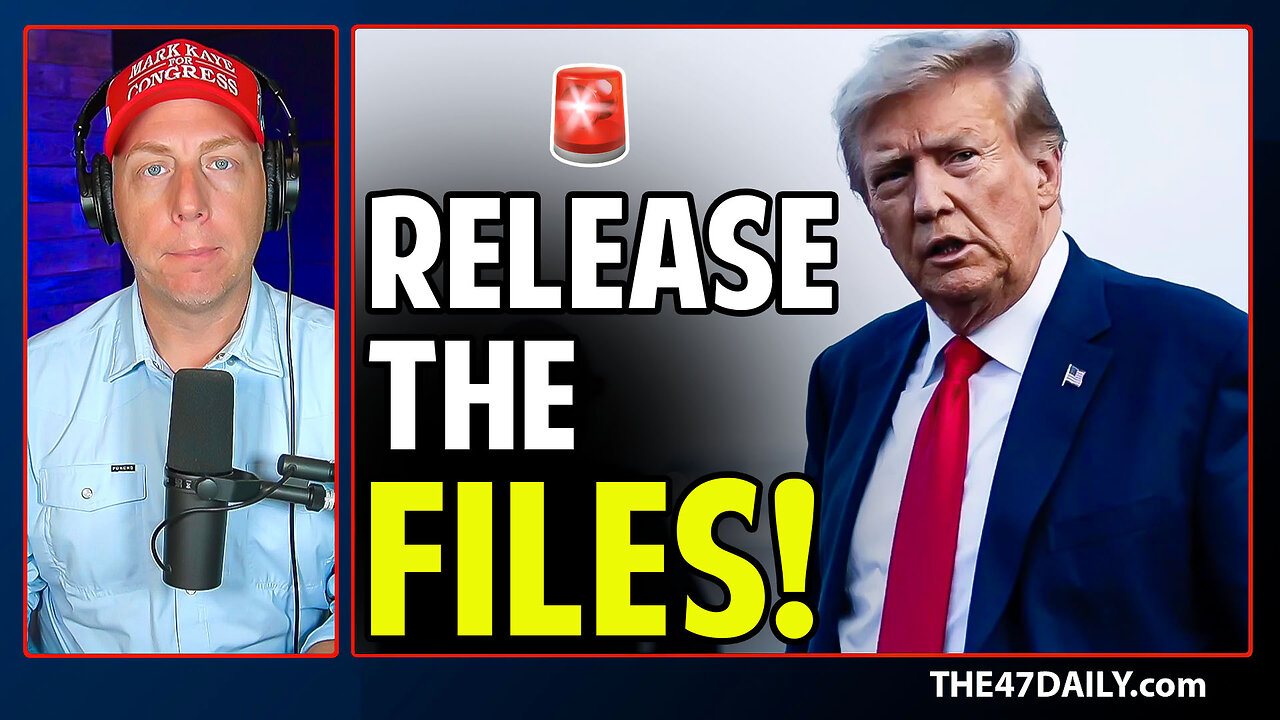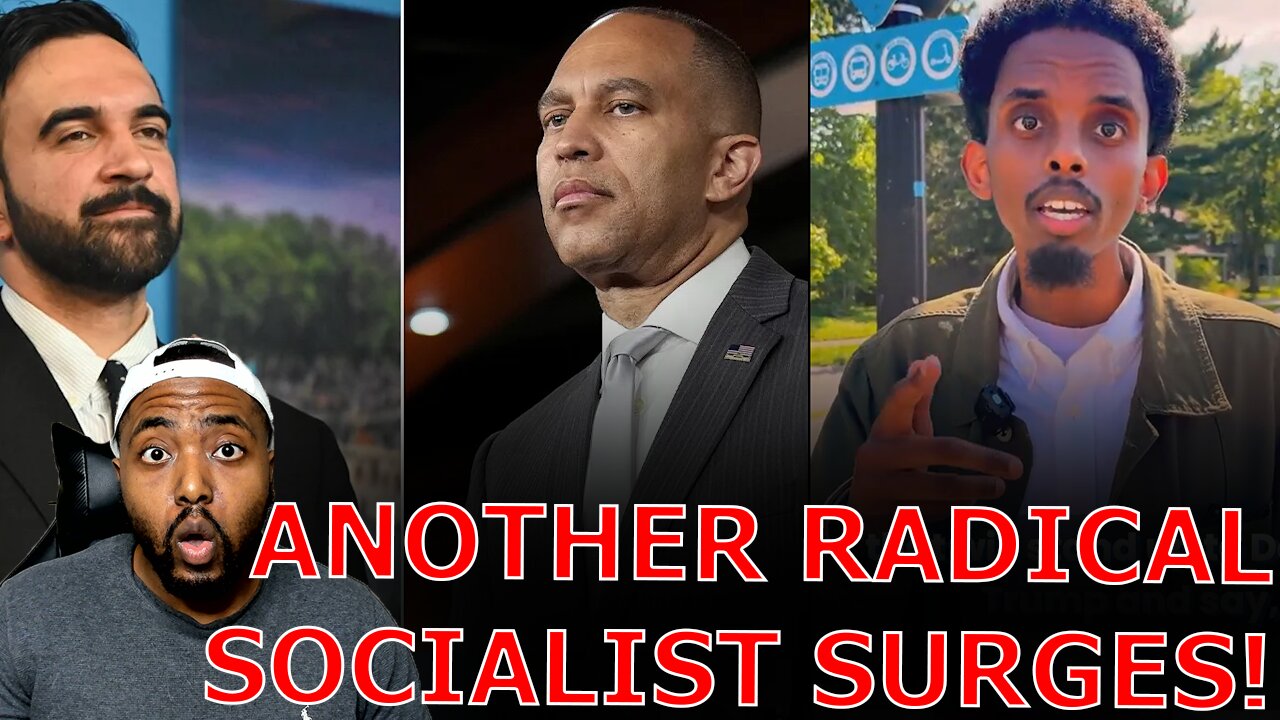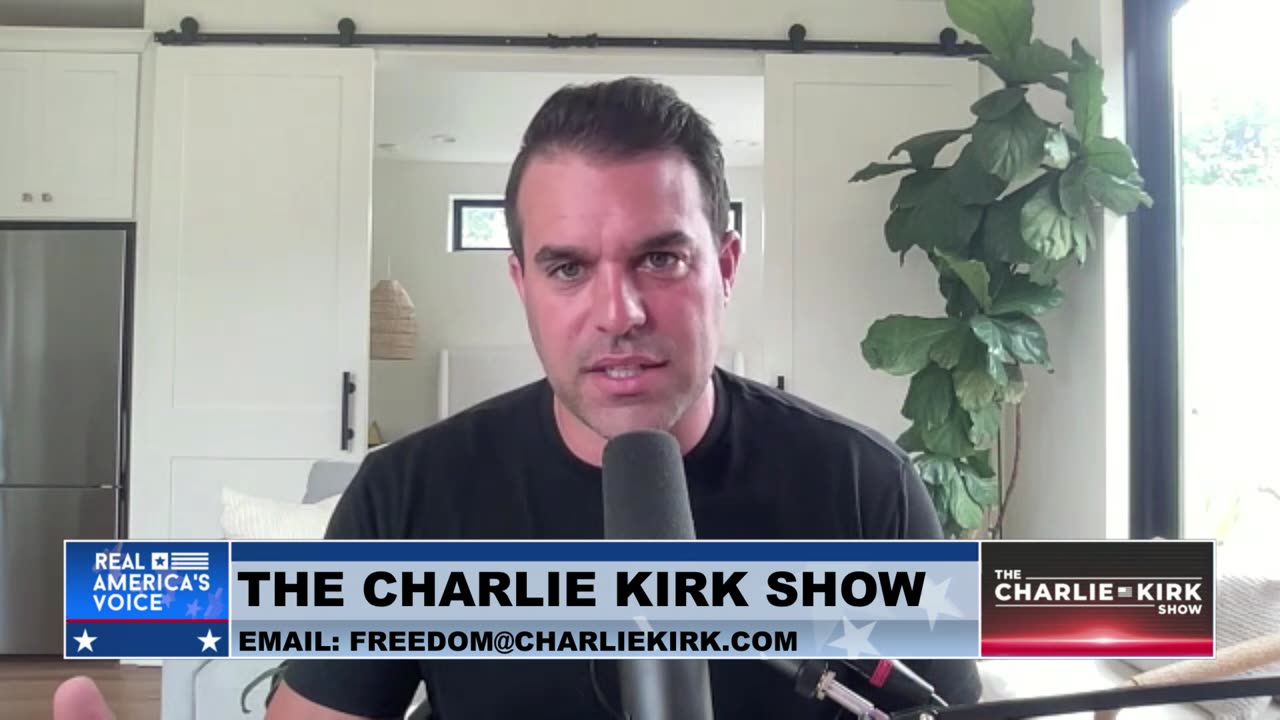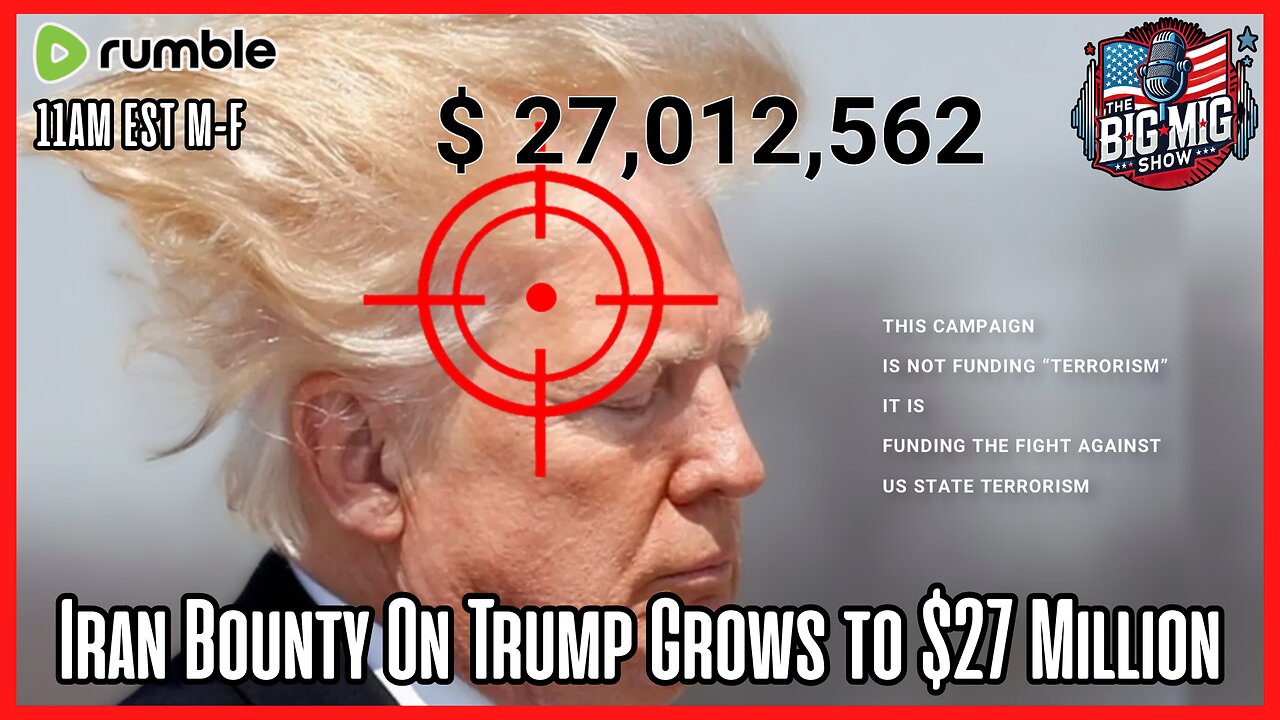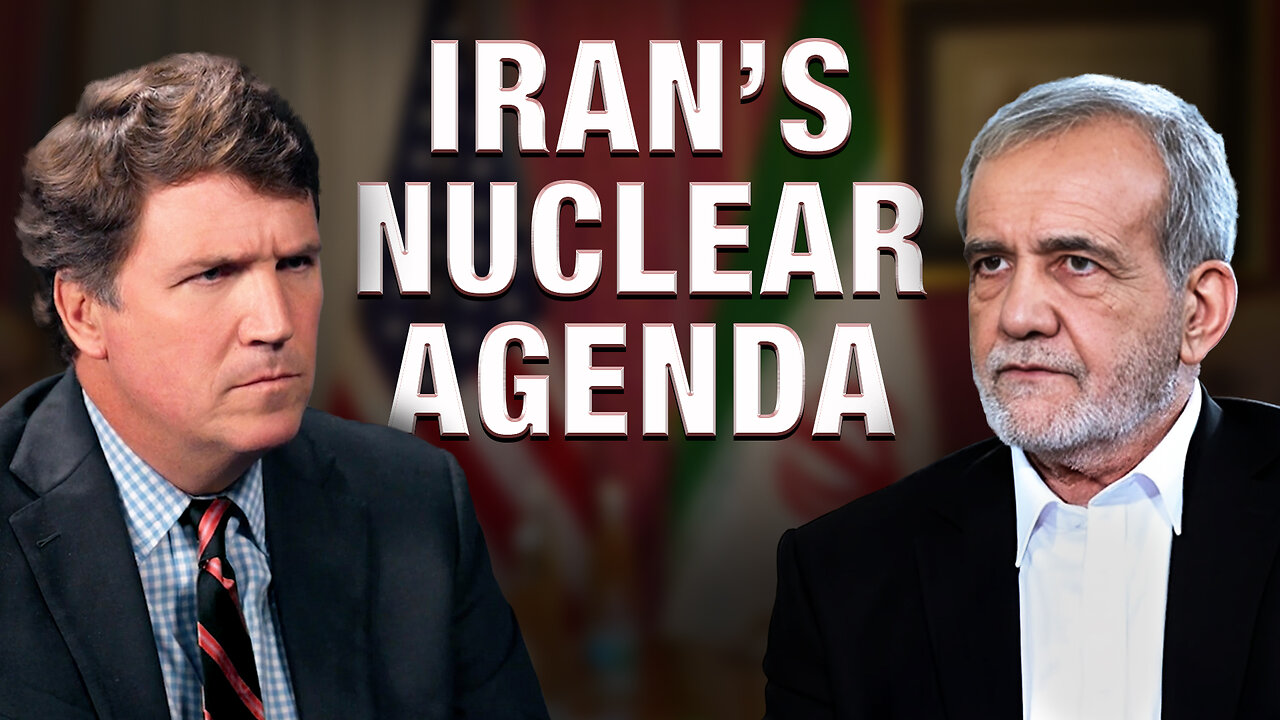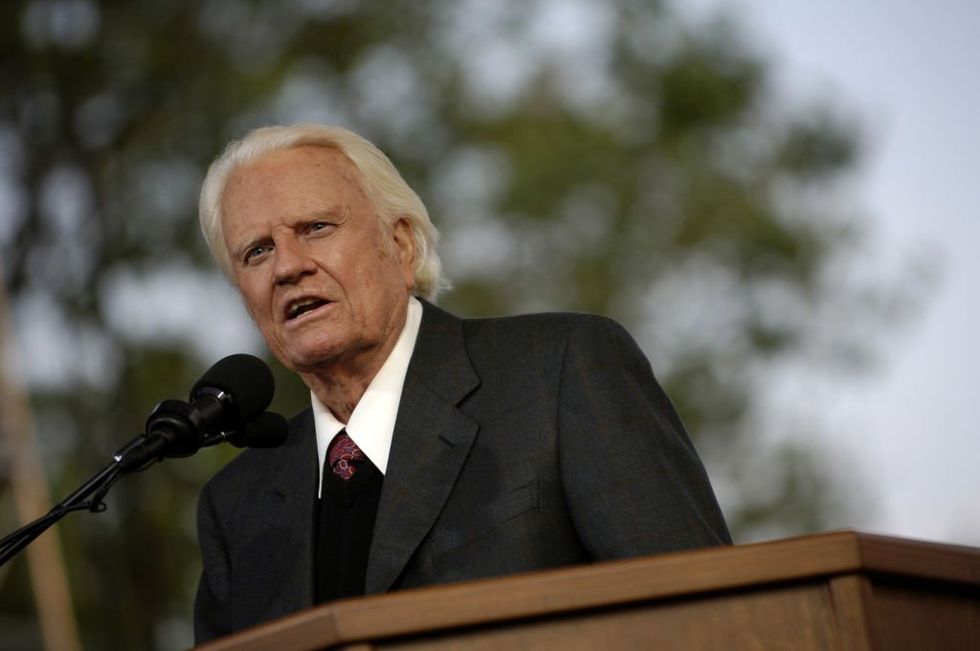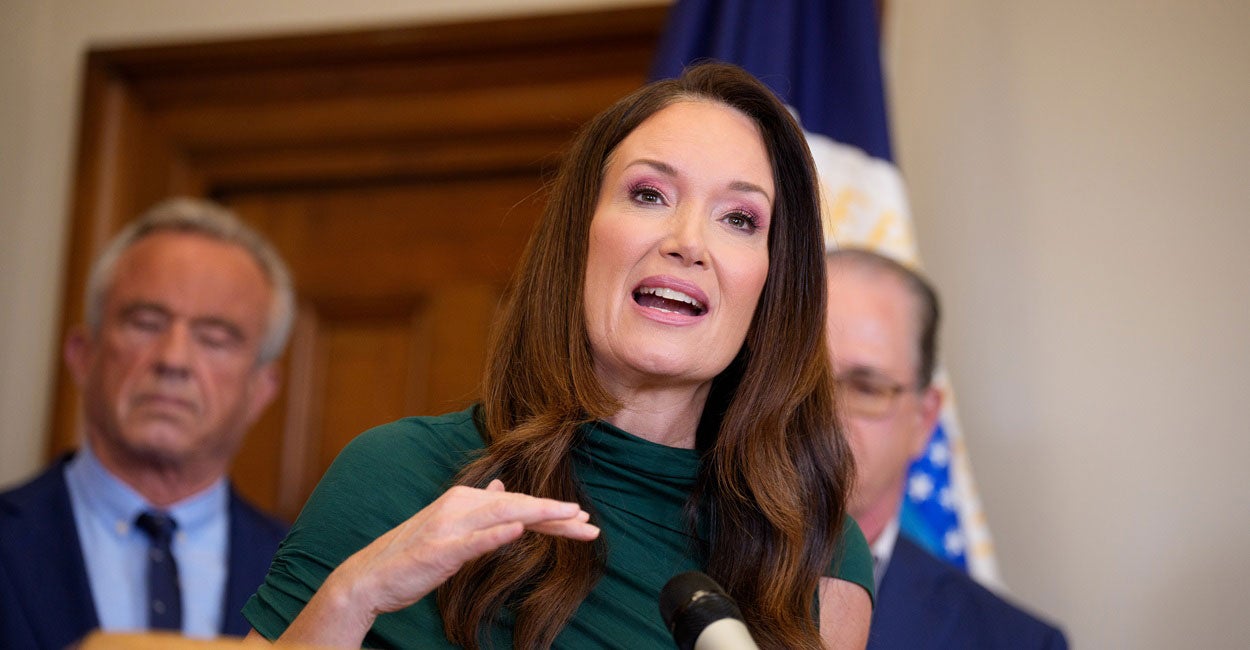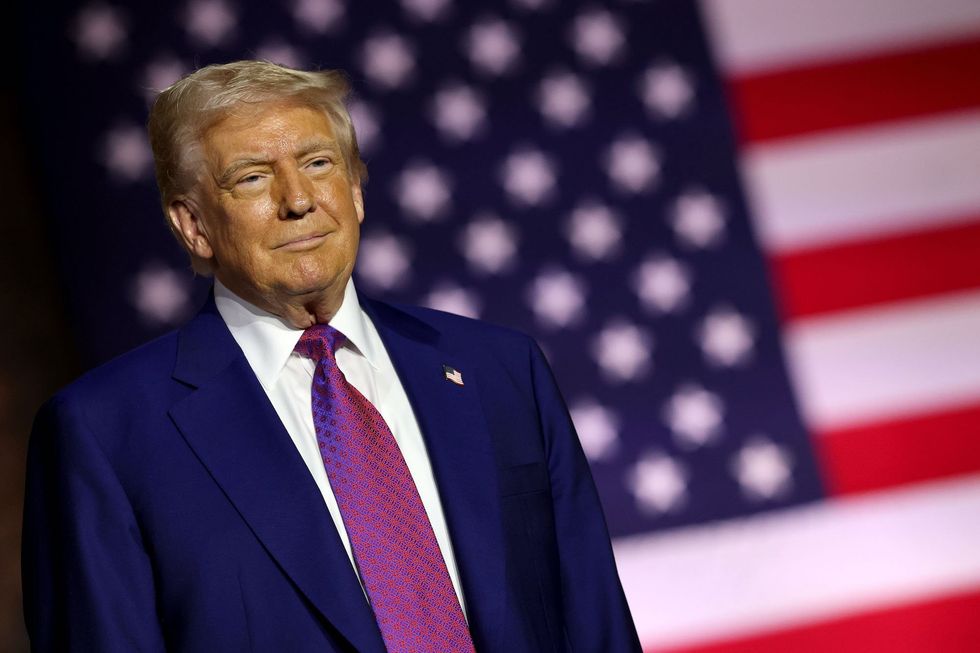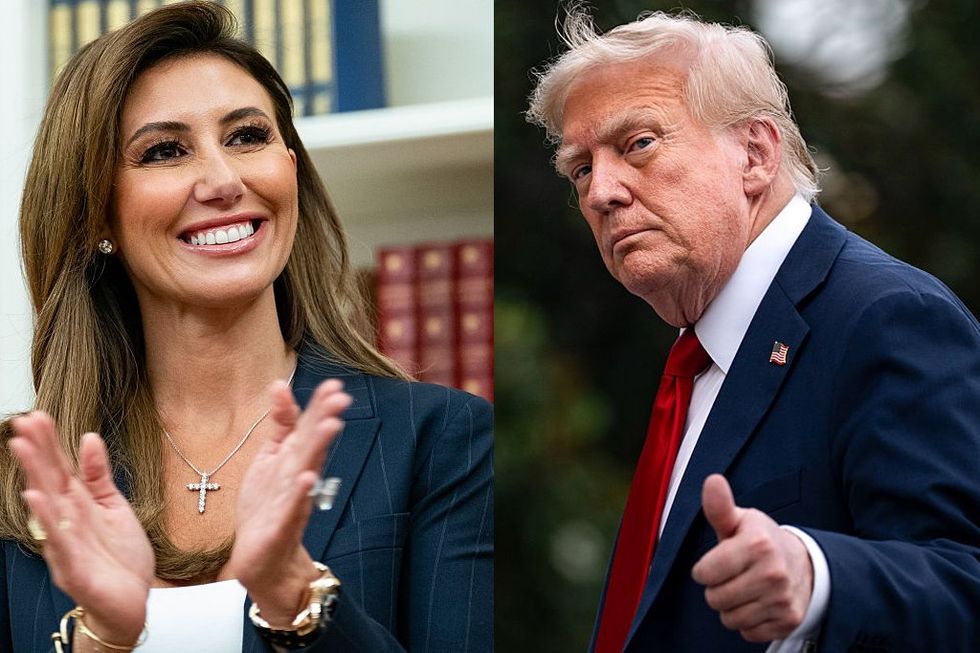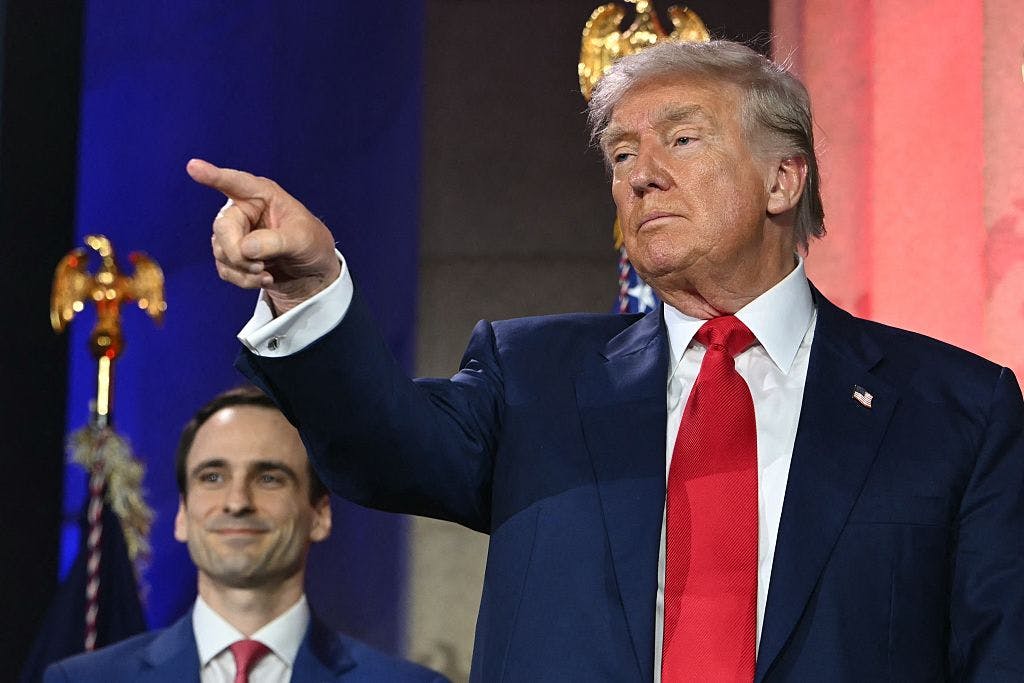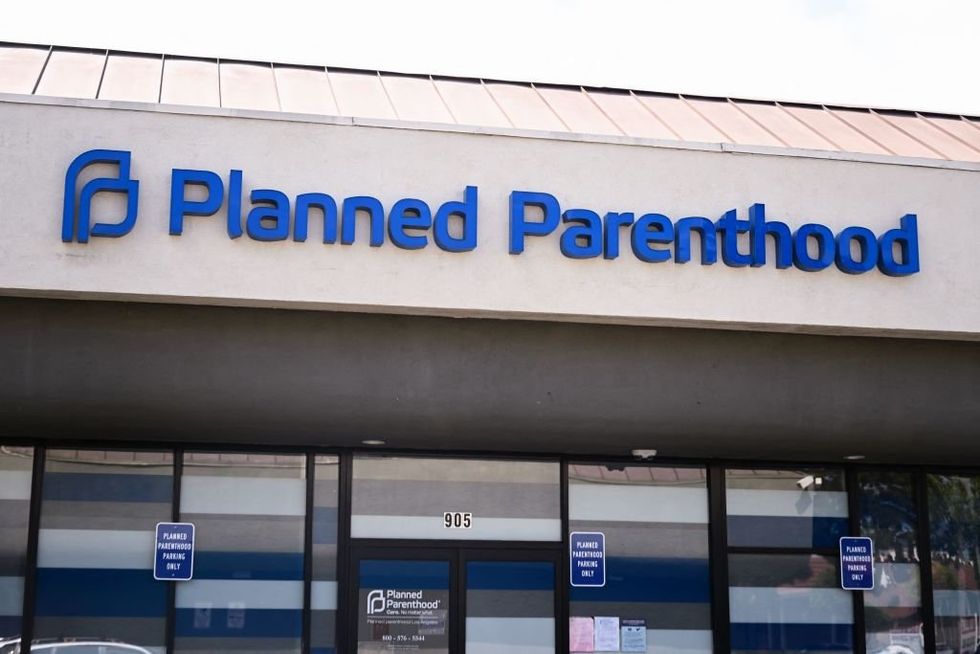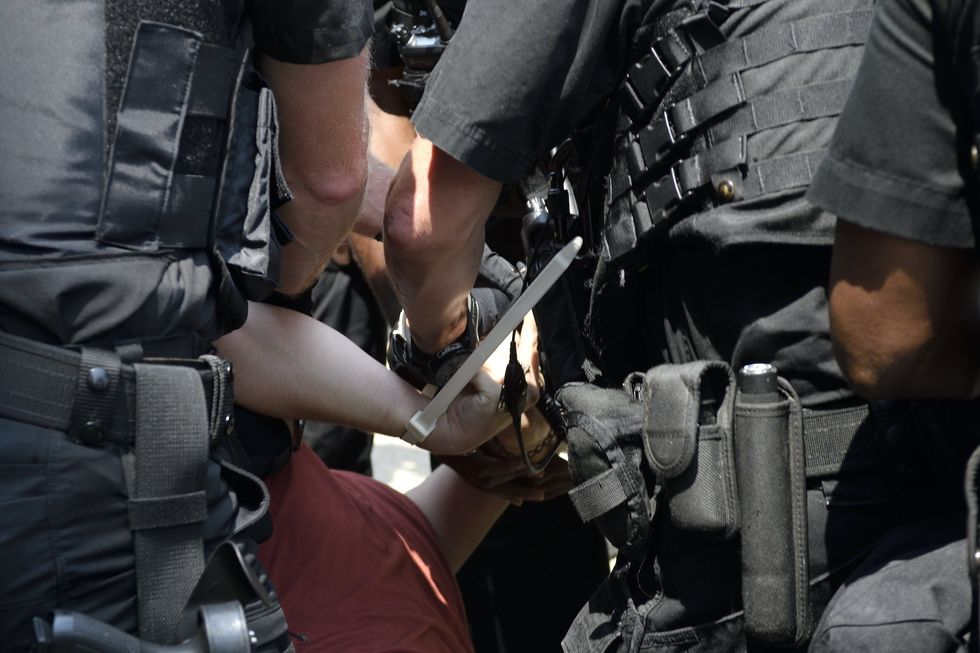Nissan and Honda call off merger
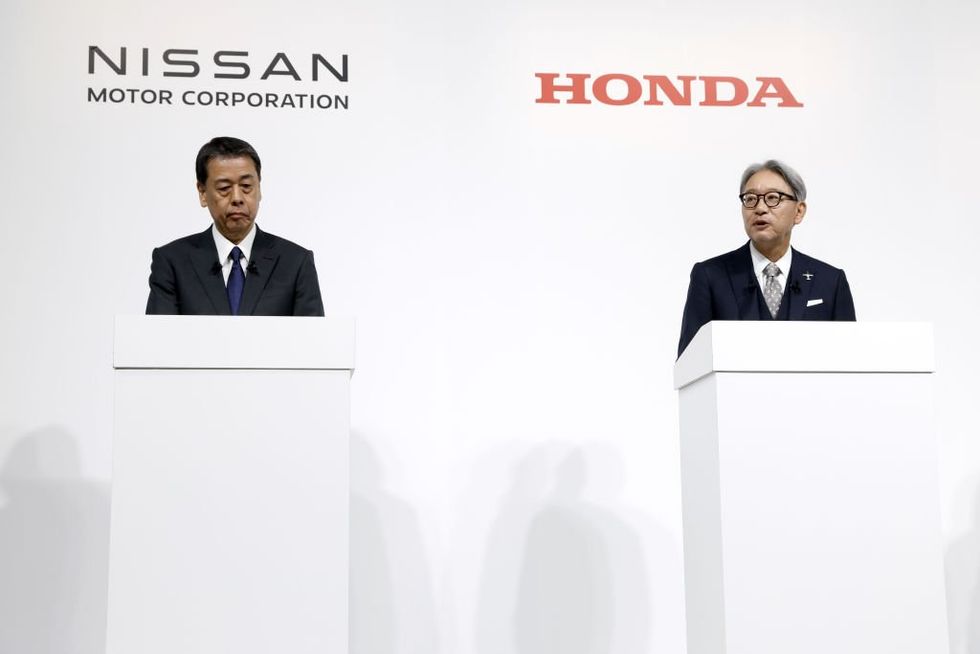

The much-anticipated merger between Nissan and Honda is off!
That's the word from Japan’s Nikkei business daily, which reported that Nissan has decided to withdraw from its memorandum of understanding with rival Honda on pursuing a merger under a holding company.
If the Trump administration reduces or abolishes the EV mandate — and if Europe follows suit — Nissan and every other gas-powered carmaker will effectively get a bailout.
The behemoth resulting from that merger was set to become the world's third-biggest automaker by sales. With that apparently off the table, observers now wonder how Nissan will drive its turnaround by itself.
And make no mistake — Nissan (Japan's third-largest carmaker, just behind Honda) needs a turnaround.
Nissan in need
The market is tough in general, with pressure from China's BYD as well as other EV entrants. And Nissan has been hit harder than most in its overcommitment to EVs. Moreover, it still hasn't quite fully recovered after the scandal of the arrest and removal of former Chairman Carlos Ghosn in 2018.
Nissan also finds itself particularly vulnerable to the threat of potential tariffs from U.S. President Donald Trump. Tariffs against Mexico would be more painful for Nissan than for Honda or Toyota, according to analysts.
So why did the deal fall apart? Insiders suggest it comes down to one word: control.
The deal would have made Nissan a subsidiary of Honda, which caused Nissan to balk.
For its part, Honda (with a market value nearly five times bigger than Nissan's) saw it as the only reasonable arrangement.
Honda wants control
Christopher Richter, senior Japan auto analyst at brokerage CLSA, commented on the situation: "The news saying that Nissan did not want to be a Honda subsidiary appears to highlight that control was a contentious issue. ... Without being able to have control, Honda appears to be walking away."
Honda was also increasingly worried about its smaller rival's progress on the turnaround plan, per insiders.
Nissan is in the process of cutting 9,000 employees and 20% of global capacity.
Trump to the rescue
What next?
If the Trump administration reduces or abolishes the EV mandate — and if Europe follows suit — Nissan and every other gas-powered carmaker will effectively get a bailout.
Nissan is 36% owned by French carmaker Renault SA, which in late January sent representatives to Japan to express concern over the transaction and seek a premium for its stake, according to some insiders.
Mitsubishi Motors Corp., which has reportedly decided against joining the alliance, said earlier this week it would make a final decision once Honda and Nissan reach an agreement later this month.
Honda’s shares jumped more than 8% on the news, while Nissan’s fell nearly 5%. Renault's stock fell 3.4%.
Nissan is 36% owned by French carmaker Renault SA, which in late January sent representatives to Japan to express concern over the transaction and seek a premium for its stake, according to some insiders.
Mitsubishi Motors Corp., which has reportedly decided against joining the alliance, said earlier this week it would make a final decision once Honda and Nissan reach an agreement later this month.
Honda’s shares jumped more than 8% on the news, while Nissan’s fell nearly 5%. Renault's stock fell 3.4%.
Now the question is, what will happen with Nissan? It’s in a downward spiral, and there are hungry investors, like Foxconn, that want to take an ownership position in the company. In other words, this story is far from over.
Originally Published at Daily Wire, Daily Signal, or The Blaze
What's Your Reaction?
 Like
0
Like
0
 Dislike
0
Dislike
0
 Love
0
Love
0
 Funny
0
Funny
0
 Angry
0
Angry
0
 Sad
0
Sad
0
 Wow
0
Wow
0
